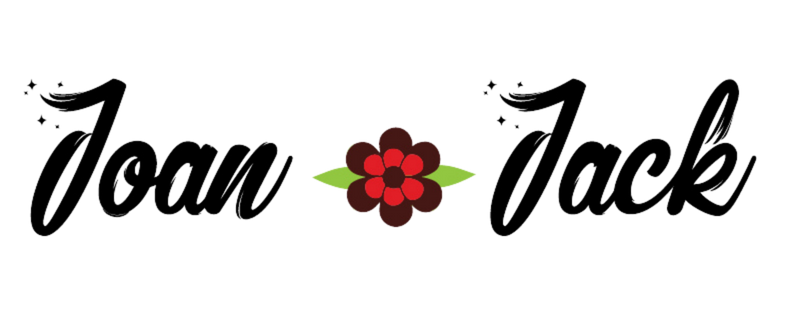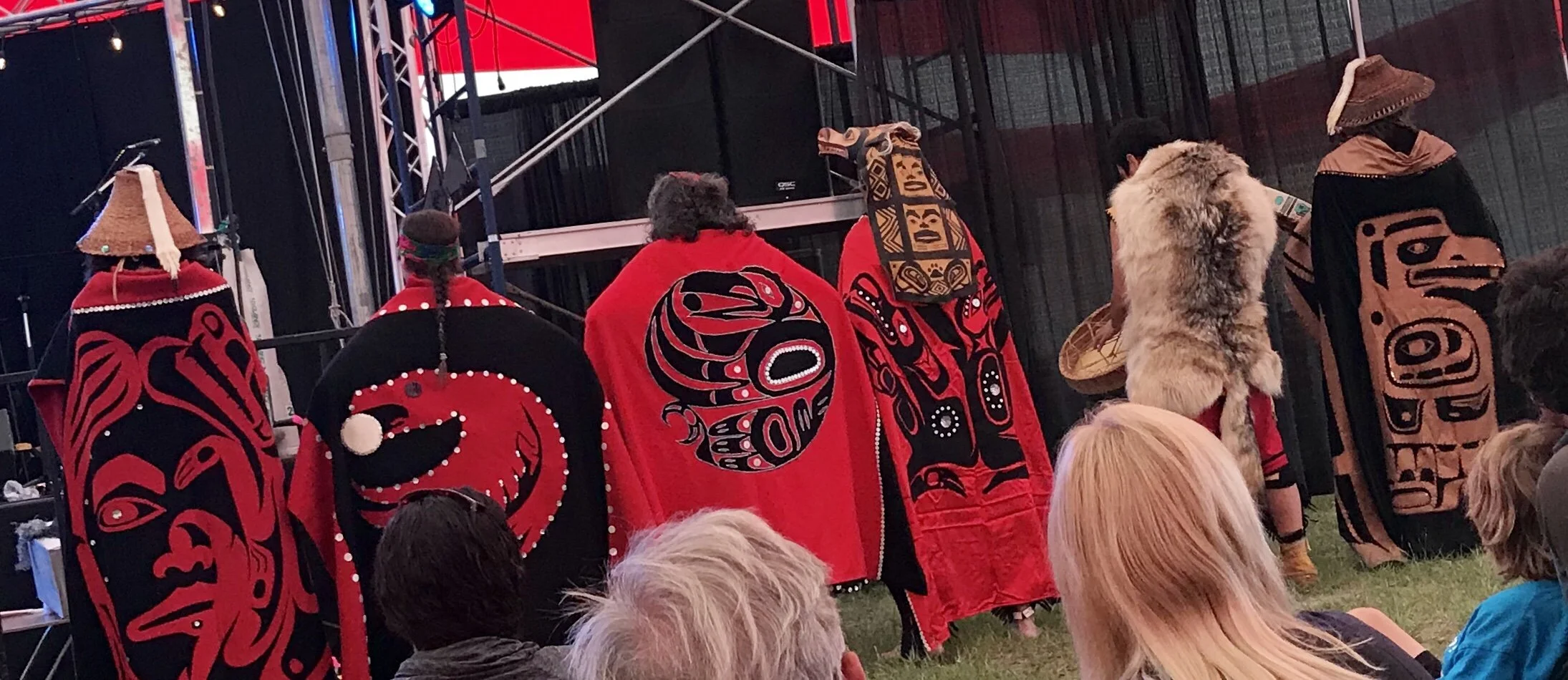Democracy in Indian Country & Women Married-In
First, I know some may be offended by my using the word "Indian" when we are the indigenous peoples of these lands. I know, I know. Columbus was lost and thought he was in India when he encountered our ancestors so he called us Indians. For me, Indian Country has a certain sovereign ring to it that I like, so I use the word to enforce the reality that we are still here and these are our lands. Today I want to share a few of my thoughts about democracy in Indian Country and how it affects me and many other indigenous women personally. First of all, democracy is a European idea that does not facilitate the use of indigenous clan systems, but that's not what I'm going to talk about today.I want to talk about how we as indigenous women are affected by the Indian Act version of democracy in Indian Country when it is election time!All over North America, there are indigenous women like me who are married into First Nations that are not their own. In 1985 the Indian Act was amended to eliminate discrimination against women and we all know know that the amendment failed. But the other thing that happened in 1985 was that First Nation governments were granted the opportunity to determine their own memberships. On the face of it, that would seem like a good thing. Legally, the result was that you can end up being a registered Indian with a First Nation where you are not recognized as a member! Oh, and by the way, in some circumstances, only members can vote.Recent matrimonial real property legislation was intended to take care of the fact that many married in registered Indians, the majority being women, were being kicked out of their homes when their marriages ended. I have no idea how that legislation is working because thank God my marriage has survived the political oppression within which I live. (Ironically spellcheck wanted to change that last sentence to political depression, which somehow seems more appropriate and made me laugh.)Personally, I believe that there can be limits within democracy in Indian Country, but in my view, human rights demand that those limits be clearly set out and be justified. To do anything else is a clear and fundamental breach of not only democratic principles, but human rights principles as well.For me, those who marry-in should marry in with their eyes wide open and also have a right to know how their human rights are going to be limited.In my situation it's ironic that after 25 years of being married-in and after having been adopted in traditional indigenous law, I still cannot vote in the democratic election here where I live. So as my husband's people go to the polls today, I remain a political prisoner! I believe that if I would have simply been a quiet and less political woman, I most likely would've been allowed to vote by now or I wouldn't have cared to vote. And this offensive exclusionary behaviour is not limited to my husbands nation, it happens to us as women everywhere. There is a direct correlation between how strong you are and how hard those who are in power will work to keep you out; and those in power are mostly men in Indian Country and that is why I see this as a women's issue.It may sound threatening, but that is not my intention. I realize that when we are victimized we don't have to adopt "the victim" as our identity. And, to that end, while I may not be able to vote in this election, I've certainly done what I could to influence its outcome because we are all human and we all have a responsibility to speak up about what we believe and stand our ground.

